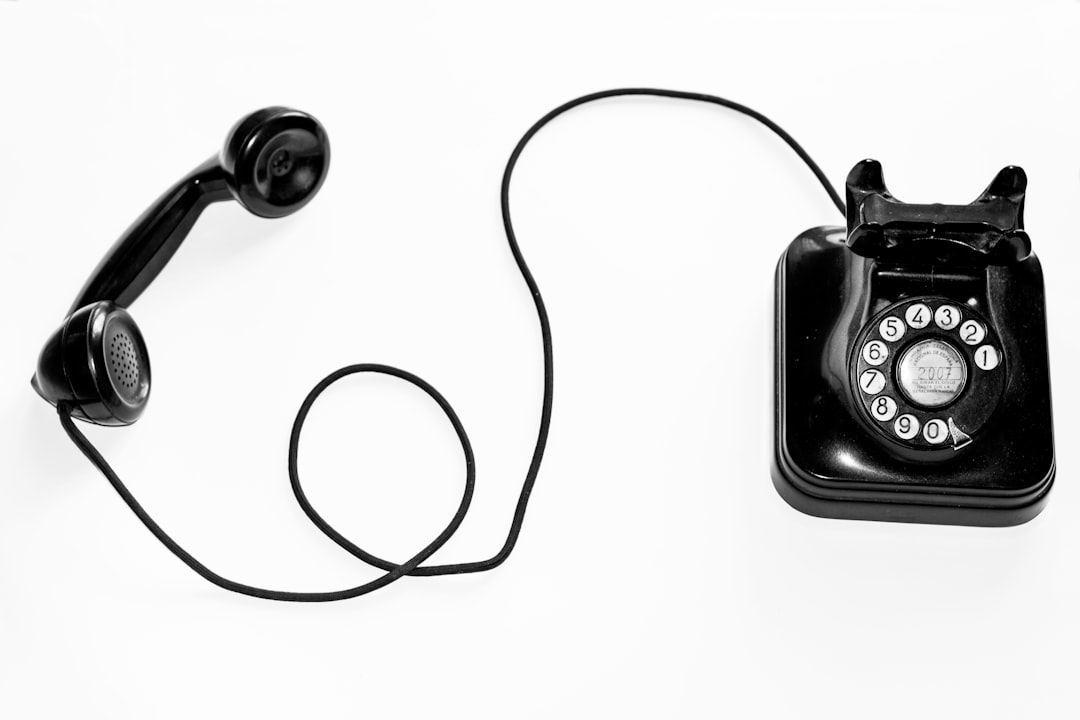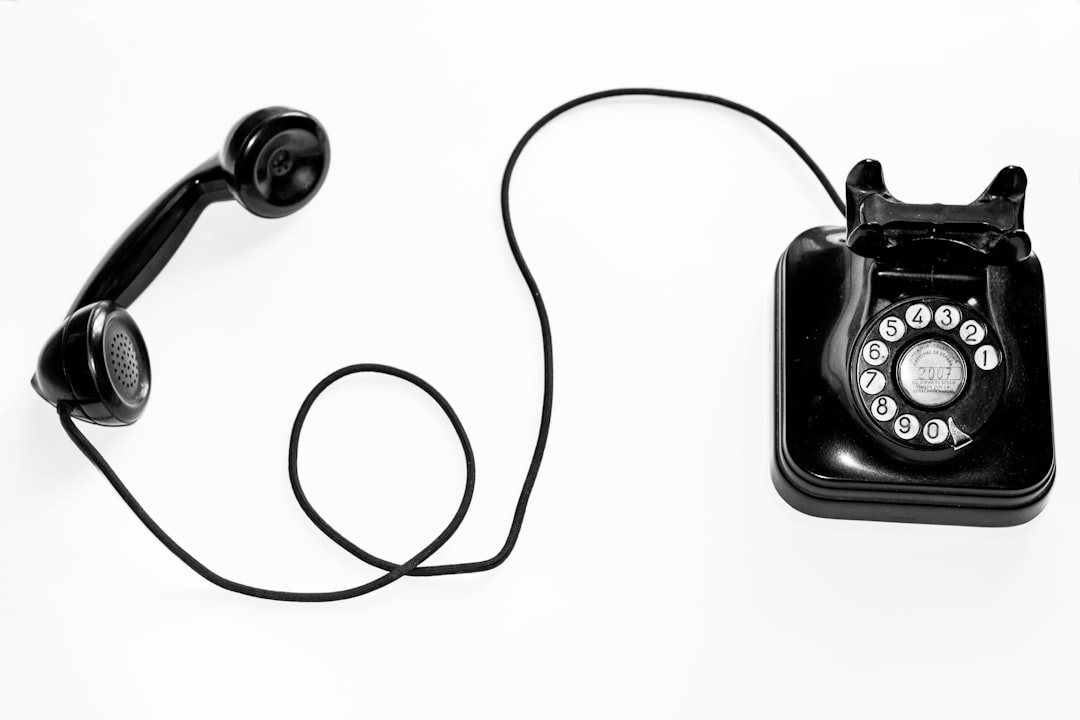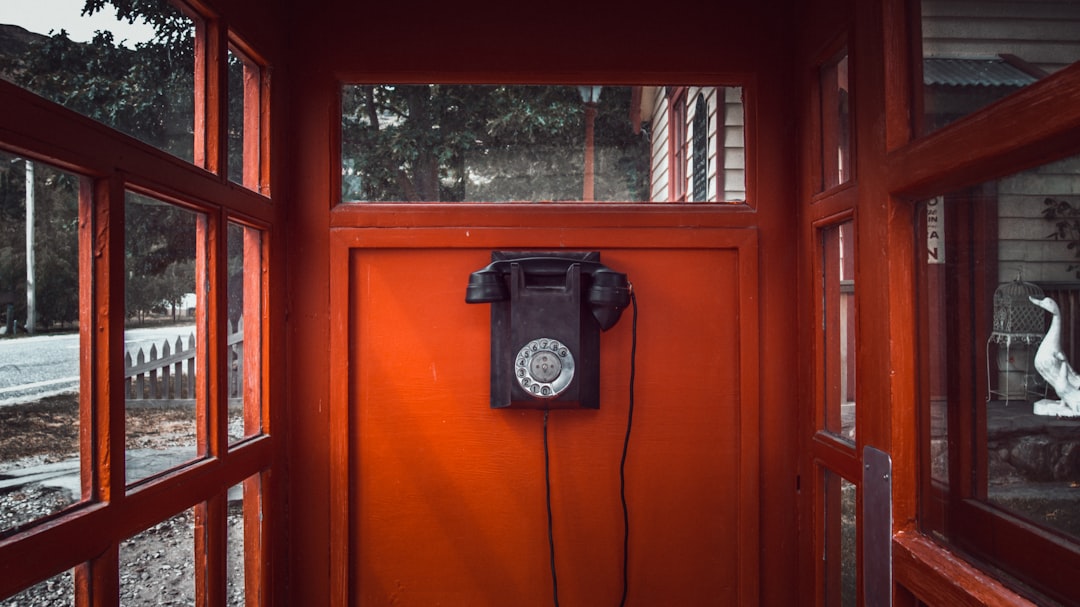Mississippi's Do Not Call laws protect residents from unwanted telemarketing calls by requiring explicit consent. Businesses must offer clear opt-out options and keep detailed records to avoid penalties. Registering on the National Do Not Call List blocks non-exempt calls. Exemptions exist for healthcare, charity, government, and consent-based calls. Residents can take action if unsolicited calls persist, including documenting details and contacting relevant authorities.
“Unraveling Mississippi’s Do Not Call Laws: Your Comprehensive Guide. In an era where telemarketing calls can seem endless, understanding your rights is paramount. This guide breaks down Mississippi’s Do Not Call laws, detailing who they protect and how to register your number on the national list. We’ll explore exemptions, enforce your rights, and provide insights into navigating these regulations effectively. Discover your power to stop unwanted calls and reclaim your peace of mind.”
What You Need to Know About Mississippi Do Not Call Laws

Mississippi’s Do Not Call laws are designed to protect residents from unsolicited telephone marketing calls, offering them a much-needed respite from persistent sales pitches. These regulations provide consumers with the power to opt-out of receiving such calls and enjoy more peaceful, quiet time at home. Key among these laws is the requirement for telemarketers to obtain explicit consent before making calls, ensuring that residents’ privacy is respected.
Understanding these laws is crucial for both Mississippi residents and businesses conducting telemarketing activities within the state. Compliance means following specific guidelines, such as providing a clear and concise opt-out option during each call and maintaining detailed records of consumer preferences. By adhering to these rules, businesses can avoid potential penalties while also fostering trust with their customers.
Who Is Protected Under These Laws in Mississippi?

In Mississippi, the Do Not Call laws are designed to protect residents from unwanted telemarketing calls. These laws restrict businesses and organizations from making phone calls to individuals who have registered their numbers on the state’s official Do Not Call list. The primary goal is to give citizens control over their communication preferences, ensuring they don’t receive marketing or sales calls at inconvenient times.
The protection extends to all Mississippi residents with valid telephone numbers, including both landlines and mobile phones. Once a number is added to the Do Not Call registry, it’s crucial for businesses to comply to avoid potential fines. This means no more telemarketers calling you without prior consent, offering deals or services that you might not be interested in.
How to Register Your Number on the National Do Not Call List

To protect your privacy and prevent unwanted calls, registering your number on the National Do Not Call List (DNCL) is a crucial step under Mississippi’s Do Not Call Laws. The process is straightforward: first, ensure your phone number is correctly listed in your name with your local telephone service provider. Then, visit the Federal Trade Commission (FTC)’s website or call their dedicated DNCL registration line to initiate the registration process. You’ll need to provide your full name, address, and phone number to verify your identity and ensure accurate listing.
Once registered, your number will be added to the national list, preventing telemarketers from calling you. It’s important to note that certain types of calls, such as those from non-profit organizations, political campaigns, or if you’ve given prior consent, are exempt from these restrictions. Regularly checking and updating your registration status is recommended to ensure your number remains protected under Mississippi’s Do Not Call Laws.
Exemptions and Exceptions in Mississippi's Do Not Call Regulations

Mississippi’s Do Not Call laws are designed to protect residents from unwanted telemarketing calls, but there are certain exemptions and exceptions to keep in mind. Businesses that have your phone number for legitimate purposes, such as those related to healthcare or charity organizations, are typically exempt from these regulations. This includes calls from government agencies or non-profit groups with specific legal permissions.
Additionally, the laws do not apply to calls made with the prior written consent of the recipient. This means if you’ve given explicit permission for a company to contact you, they can proceed without fearing violation. It’s crucial to understand these exemptions to avoid blocking legitimate communication and to ensure compliance with Mississippi’s Do Not Call Laws.
Enforcing Your Rights: What to Do If Called Despite Being On the List

If you’ve registered your number on Mississippi’s Do Not Call list and still receive unsolicited calls, it’s important to know your rights and options. Enforcing your right to privacy is a straightforward process, with several steps you can take if you encounter such violations. First, document the calls by noting the caller’s information and recording any relevant conversations (ensure compliance with local laws regarding recording). Then, contact the Mississippi Attorney General’s office or file a complaint directly with the Federal Trade Commission (FTC), which enforces the national Do Not Call rules.
Additionally, many states have their own enforcement mechanisms. You can also inform the caller that you’re on the Do Not Call list and demand they stop contacting you. If the calls persist, consider consulting a consumer rights lawyer to explore legal options against the offending party. By taking these steps, you not only protect your privacy but also contribute to maintaining a robust system designed to safeguard consumers from unwanted telemarketing practices under Mississippi’s Do Not Call Laws.






